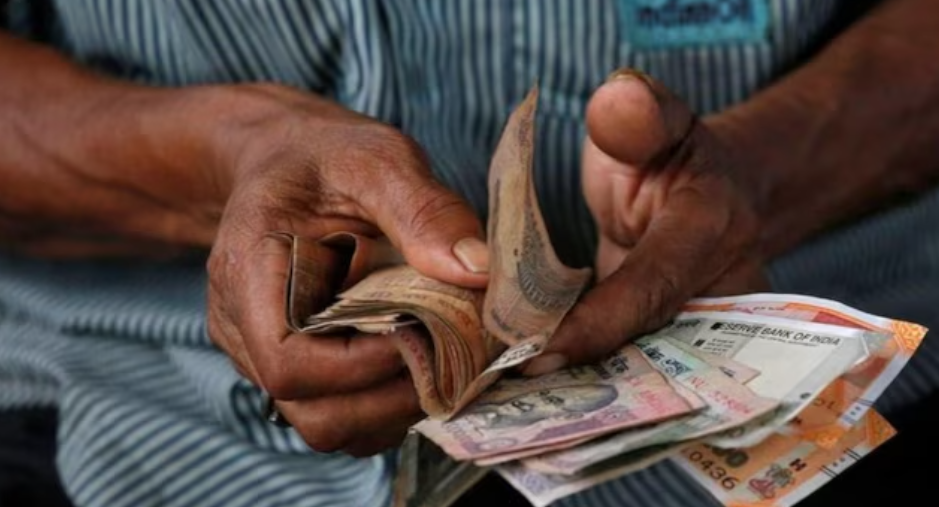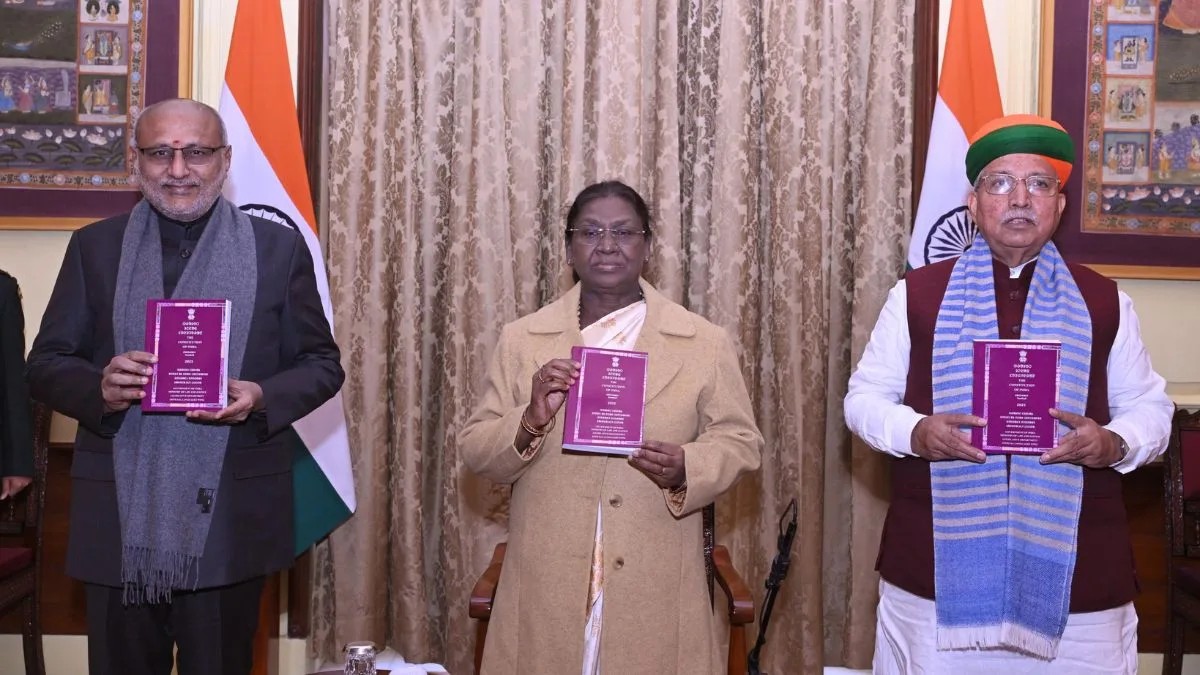In a continued effort to promote data-driven research and evidence-based policymaking, the Ministry of Statistics and Programme Implementation (MoSPI) is set to organize the 18th National Seminar on National Sample Surveys on April 8 and 9, 2025, at Goa University, Panaji. This seminar, a flagship initiative of the National Statistics Office (NSO), has long served as an important academic platform for scholars, researchers, policymakers, and statisticians to engage in meaningful dialogue on the latest survey findings and their relevance to current socio-economic realities.
 Over the years, the National Seminars have become a space where knowledge meets purpose. This year’s edition brings together insights from several crucial surveys, including the NSS 78th Round Multiple Indicator Survey, the 79th Round Comprehensive Annual Modular Survey (CAMS), the Survey on Ayush, the Annual Survey of Unincorporated Sector Enterprises (ASUSE), the Household Consumption Expenditure Survey (HCES), and the Annual Survey of Industries (ASI). These surveys offer an intricate view of how people live, work, consume, heal, and adapt to a rapidly evolving social and economic environment.
Over the years, the National Seminars have become a space where knowledge meets purpose. This year’s edition brings together insights from several crucial surveys, including the NSS 78th Round Multiple Indicator Survey, the 79th Round Comprehensive Annual Modular Survey (CAMS), the Survey on Ayush, the Annual Survey of Unincorporated Sector Enterprises (ASUSE), the Household Consumption Expenditure Survey (HCES), and the Annual Survey of Industries (ASI). These surveys offer an intricate view of how people live, work, consume, heal, and adapt to a rapidly evolving social and economic environment.
The event will be inaugurated by the Director General of the National Sample Survey and graced by the Vice-Chancellor of Goa University, alongside respected members of expert committees who have played a pivotal role in shaping the survey tools. Their presence underscores the importance of collaboration between government bodies and academic institutions in making statistics meaningful for society.
This year, the seminar has received over 40 research papers from diverse contributors—ranging from assistant professors and students to seasoned statisticians and data users from across the country. After a careful review, 14 papers have been selected for presentation across five technical sessions. These presentations promise to spark rich discussions on key themes such as digital inclusion, financial accessibility, youth skill development, and evolving work models like app-based services.
What stands out in this year’s submissions is the integration of modern analytical methods. Papers like “Predicting an NSS Indicator Value: A Machine Learning Approach” and “A Neural Network Approach to Identify Features Associated with Multidimensional Poverty in Rural India” demonstrate how advanced computing and artificial intelligence are being used to enhance the depth of insights drawn from public data.
Beyond academia, the seminar also welcomes participation from international experts, private survey agencies, and central and state government officers. Their engagement highlights the seminar’s broad relevance and its role in informing policies that affect millions. A special session will also be held to hear from stakeholder ministries and private survey agencies on the practical utility of NSS data.
In an inclusive move, the seminar is open to the public through an easy online registration process. Those who cannot attend in person can still be part of the event through a live stream on the official MoSPI YouTube channel. This openness ensures that the benefits of data and research are not confined to institutions but shared widely with anyone who values knowledge and its power to shape society.
With compassion at its core, the 18th National Seminar is not just about numbers and statistics—it is about listening to what the data tells us about people’s lives, and using that understanding to guide a more just, inclusive, and informed future.




